The Government has just issued 4 Decrees regulating the recruitment, use and management of civil servants; training and fostering of civil servants; disciplinary action against cadres and civil servants; and contracts for the performance of civil servant duties, effective from July 1, 2025.
4 Decrees of the Government regulating the recruitment, use and management of civil servants; training and fostering of civil servants; disciplinary actions against cadres and civil servants; contracts for the performance of civil servant duties, effective from July 1, 2025.
Arrangement and ranking of civil servants according to job positions
Decree No. 170/2025/ND-CP dated June 30, 2025 of the Government stipulates the recruitment, use and management of civil servants, which clearly states that the recruitment of civil servants through the form of examination is decided by the competent recruitment authority and is carried out separately for each of the following groups of subjects:
1. People who commit to voluntarily working for 5 years or more in areas with especially difficult socio -economic conditions.
2. Students who study under the recruitment regime as prescribed by the Lawon Education , after graduation, will work in the locality where they were sent to study.
3. Excellent graduates and talented young scientists are subject to policies to attract and employ talented people.
Notably, Decree No. 170/2025/ND-CP also specifically regulates the arrangement and ranking of civil servants according to job positions.
Accordingly, the head of the agency employing civil servants is responsible for arranging, assigning work, inspecting the performance of duties by civil servants, ensuring necessary conditions for civil servants to perform their duties and implementing regimes and policies for civil servants.
The arrangement and assignment of work to civil servants must ensure consistency between assigned authority and tasks and job title, position and location.
Civil servants are responsible before the law for the performance of their duties and public services; civil servants holding leadership positions are also responsible for the performance of duties and public services of civil servants under their management according to the provisions of law.
Civil servants assigned to positions must periodically change their work positions in accordance with the provisions of law.
According to the Decree, the successful candidate for the civil service position must be assigned to the correct job position that the recruiting agency has announced. The head of the employing agency is responsible for assigning work according to the requirements of the recruited job position; training, monitoring, and evaluating the performance of the civil servant's duties and responsibilities.
Successful civil servant candidates must properly and fully perform the assigned tasks and powers as required by the job position; comply with the provisions of law and the internal rules and regulations of the agency; comply with regulations on labor discipline, public ethics and other regulations of the agency.
Change of job position for civil servants due to appointment to a leadership or management position or due to not being considered or decided to be reappointed or due to dismissal, resignation, or removal from a leadership or management position; professional and technical civil servants are arranged into a job position with a rank different from the current civil servant rank.
See Decree No. 170/2025/ND-CP here
Priority training in the fields of: science and technology, innovation, digital skills, digital technology
In Decree 171/2025/ND-CP dated June 30, 2025, regulating the training and development of civil servants, the Government requires that training and development must be based on job positions associated with the use and management of civil servants in accordance with the training and development plan and the need to build and develop human resources, especially high-quality human resources of agencies and units. Assign and decentralize in organizing training according to job position requirements.
Strengthen the application of science and technology, artificial intelligence in training and fostering civil servants. Raise the sense of responsibility of civil servants in self-study, self-study and choosing training programs according to the requirements of professional and technical job positions. Ensure publicity, transparency and efficiency.
The Decree also clearly stipulates the requirements for postgraduate training, accordingly postgraduate training for civil servants aims to improve qualifications, expertise and skills to meet the requirements of human resource development, especially high-quality human resources of agencies and units. Priority is given to training in the fields of science and technology, innovation, digital skills and digital technology.
Postgraduate training for civil servants is carried out in accordance with the provisions of law on education and training.
Regarding the conditions for sending for postgraduate training, the Decree clearly states: Civil servants must have worked for at least 3 years and 2 consecutive years immediately before being sent for postgraduate training and must have completed their tasks well or better.
Civil servants must not be over 45 years old from the time of first being sent for postgraduate training.
Civil servants must commit to performing their duties and public services at the agency or unit sending them for postgraduate training after completing the training program for a period of at least three times the training period.
Training major suitable for job position.
Civil servants sent for postgraduate training under cooperation programs with foreign countries signed by competent agencies of the Party and State or joining on behalf of the State and Government of the Socialist Republic of Vietnam, in addition to the above regulations, must also meet other requirements of the cooperation program.
See Decree No. 171/2025/ND-CP here
Decree No. 171/2025/ND-CP of the Government requires strengthening the application of science, technology and artificial intelligence in training and fostering civil servants.
3 cases not yet considered for disciplinary action
Decree No. 172/2025/ND-CP regulating disciplinary action against officials and civil servants clearly states 3 cases that have not been considered for disciplinary action (Decree No. 112/2020/ND-CP dated September 18, 2020 of the Government stipulates 4 cases), including:
1. Officials and civil servants who are being treated for a serious illness or are losing their cognitive ability; are seriously ill and are being treated as inpatients at a hospital with confirmation from a competent medical authority.
2. Female officials and civil servants who are pregnant, on maternity leave, or raising children under 12 months old, or male officials and civil servants (in case the wife dies or the wife cannot raise the child due to force majeure or objective obstacles as prescribed by the Civil Code and the law on emergency situations) who are raising children under 12 months old, except in cases where the person committing the violation has a written request for consideration of disciplinary action.
3. Officials and civil servants who are being prosecuted, detained, or imprisoned pending the conclusion of a competent authority investigating, prosecuting, or trying a violation of the law; except in cases decided by a competent authority.
Regarding disciplinary actions, the Decree clearly states:
Officials and civil servants who violate Party regulations related to public service activities; regulations on the obligations of officials and civil servants; things that officials and civil servants are not allowed to do; violate public ethics, communication culture in the workplace, communication with the people; violate internal rules and regulations of agencies, organizations and units.
The level of violation is determined as follows:
Violations causing less serious consequences are violations of a nature and level of harm that are not great, have an impact within the internal scope, and affect the reputation of the agency, organization, or work unit;
A violation causing serious consequences is a violation of a large nature, level, and harm, affecting beyond the internal scope, causing bad public opinion among cadres, civil servants, and the People, reducing the reputation of the agency, organization, or work unit;
Violations causing very serious consequences are violations of a very large nature, level, and harm, with a scope of impact on the whole society, causing great public outrage among cadres, civil servants, and the people, and damaging the reputation of the agency, organization, or work unit.
Disciplinary measures applied to officials include: Reprimand; Warning; Removal from office, applied to officials approved, appointed or assigned to hold positions or titles; Dismissal.
Disciplinary measures applied to civil servants include: Reprimand; Warning; Removal from office, applied to civil servants in leadership and management positions; Forced resignation.
See Decree No. 172/2025/ND-CP here
Ensure the goal of attracting high-quality, experienced and intelligent human resources
Regarding the contract for performing tasks of civil servants, Decree No. 173/2025/ND-CP dated June 30, 2025 of the Government clearly stipulates the implementation principles:
Ensure the goal of attracting high-quality human resources with a lot of experience and intelligence to improve the quality, effectiveness, efficiency and efficiency of state management activities; ensure full and timely implementation in accordance with the functions and tasks of agencies, organizations and units; efficiency and thrift; prevent and combat corruption and waste.
Contract signing is carried out flexibly according to each project, task or annual work program based on existing human resources and the ability to meet the task performance requirements of the agency, organization or unit.
Ensure proper implementation of the Party's policies and the State's laws, not contrary to the provisions of international treaties to which Vietnam is a member, not affecting the functions, tasks and normal operations of agencies, organizations and units; comply with regulations on protecting state secrets.
Signing a contract to perform one or several tasks of a leadership or management position, without having to fully perform the responsibilities, tasks, and powers of the leadership or management position; the person signing the contract does not have to meet the standards and conditions of the corresponding leadership or management position.
The cost of implementing the contract is guaranteed by the state budget, outside the salary fund and outside the administrative budget of organizations, agencies and units.
The work performed through contracting includes:
The job performs one or several tasks of a strategic, ad hoc, urgent, and irregular leadership and management position such as: Organizing the development of policies, planning policies, strategies, programs, and projects on science, economics, technology, innovation, digital technology industry, digital infrastructure development, national digital transformation, institutional reform; Organizing the implementation or supervising the implementation of pilot programs and projects on breakthrough technology and policies; new technology testing models, public-private partnerships in research and application of science and technology and institutional reform; Organizing the implementation of national, ministerial, and local-level tasks on law enforcement, development of big data systems, artificial intelligence, semiconductor technology, biotechnology, new materials, new energy, and other strategic industries;...
The work performs one or several specialized, specialized tasks that require high qualifications or are seasonal and irregular, such as: Applying digital transformation in agencies, organizations and units; building big data, data analysis systems, forecasting models, artificial intelligence in the fields of public administration, socio-economics, administrative reform, digital government development, digital economy, digital society to serve state management activities of agencies, organizations and units; developing, operating and monitoring national digital platforms, management information systems, specialized databases in the fields of administration, education, health, natural resources - environment, smart cities; implementing tasks under projects and programs on institutional reform, improving capacity for public policy making, innovation policies, policy testing, system testing, information system security to serve state management activities;...
Professional, technical or service support work that current human resources cannot meet, to serve the internal operations of agencies, organizations and units, decided by the head of the agency using civil servants according to the requirements of implementing the work plan.
See Decree No. 173/2025/ND-CP here
dangcongsan.vn
Source: https://baolaocai.vn/tu-17-ap-dung-nhieu-quy-dinh-moi-doi-voi-can-bo-cong-chuc-post647859.html


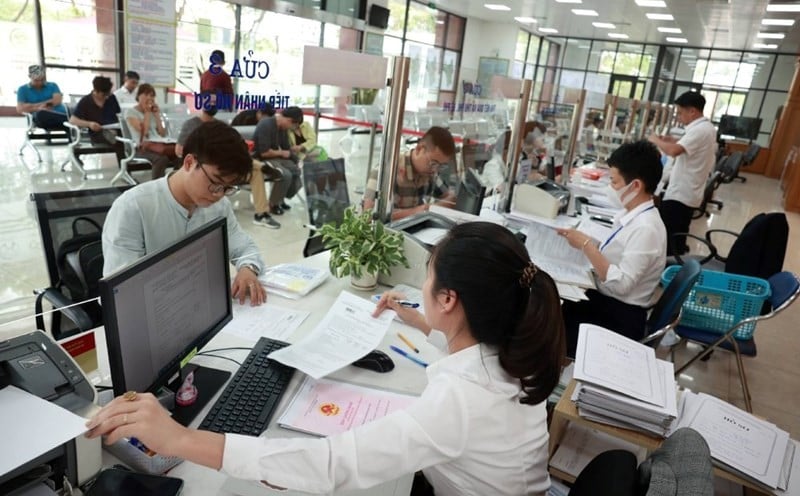
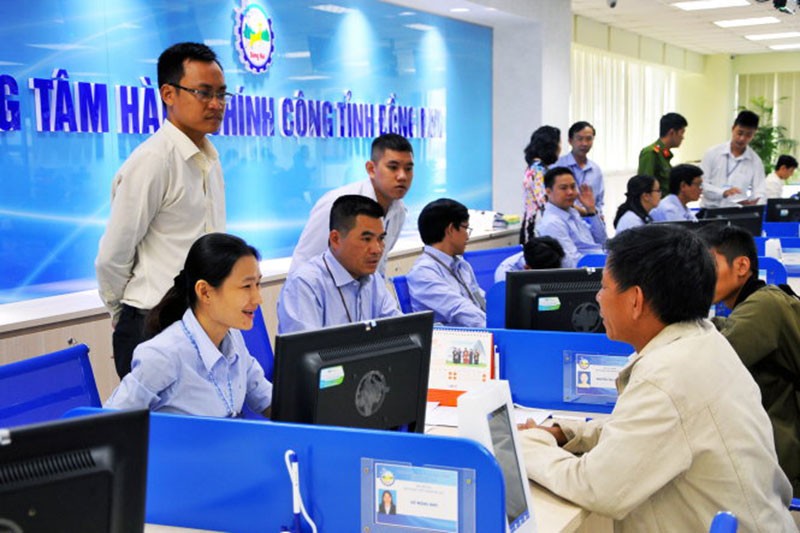
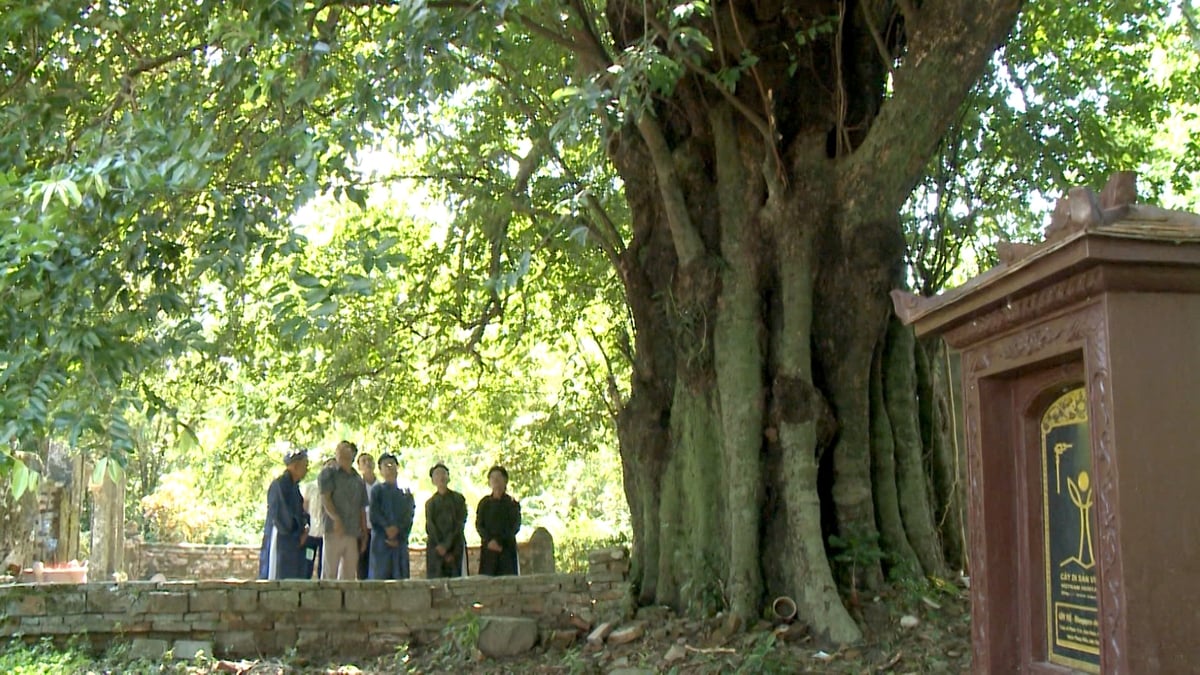





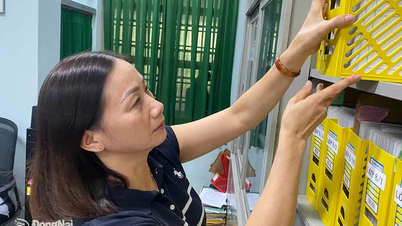

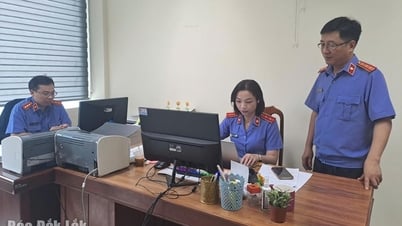



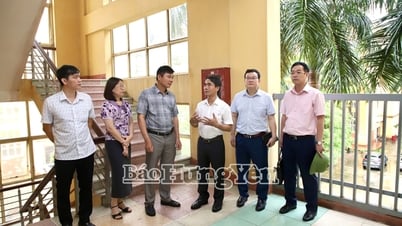

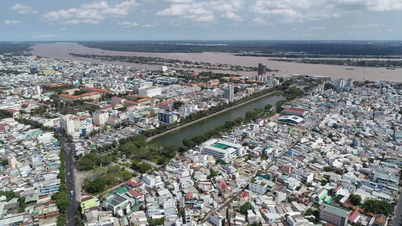






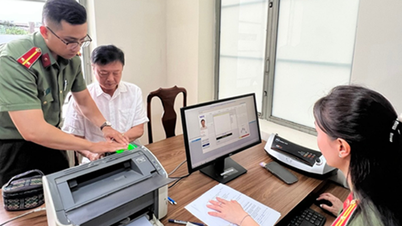



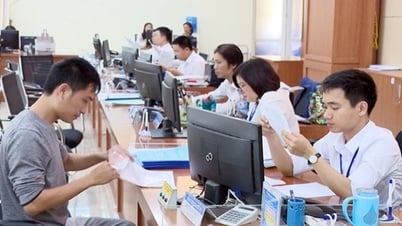
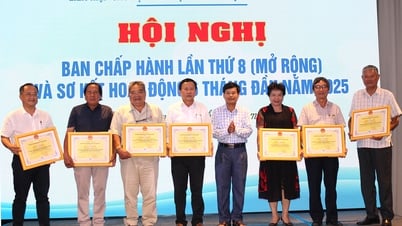





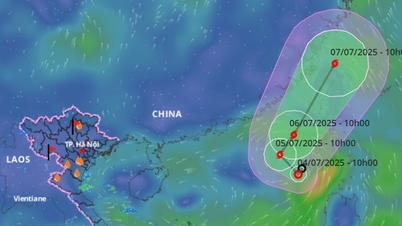

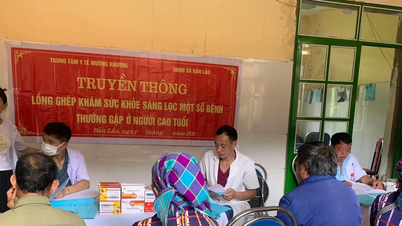

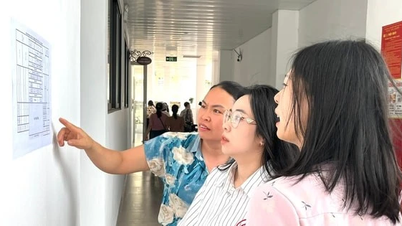



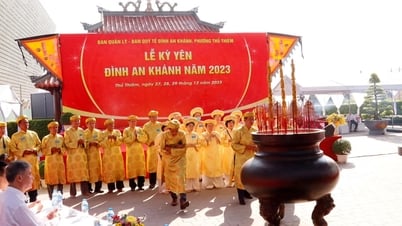





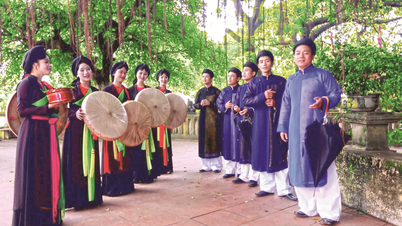








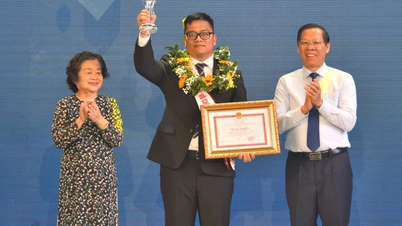

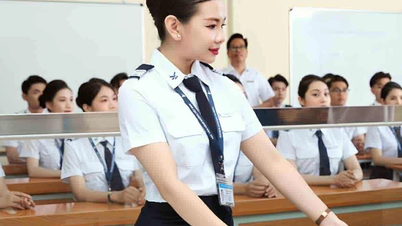







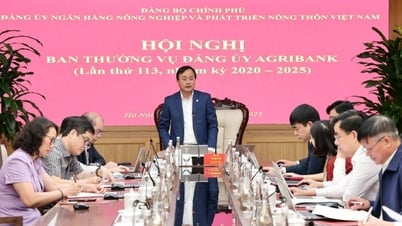











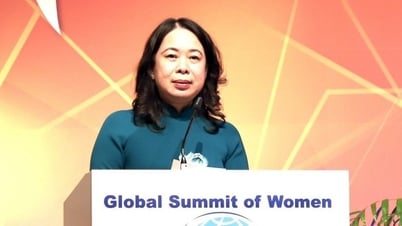
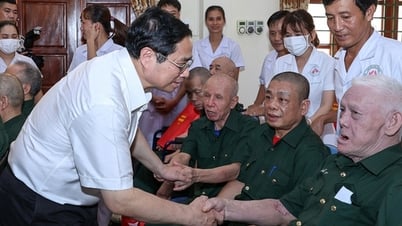



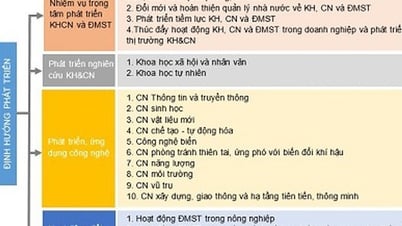






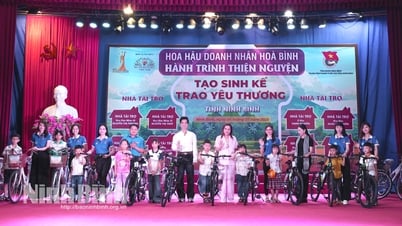

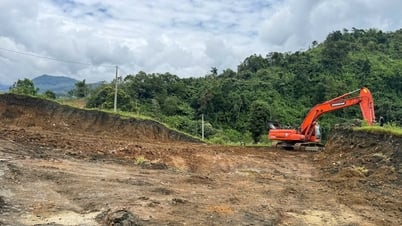



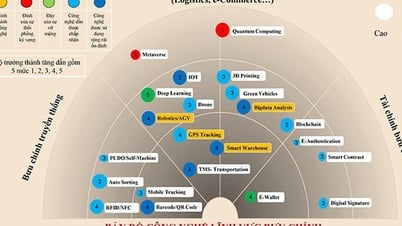





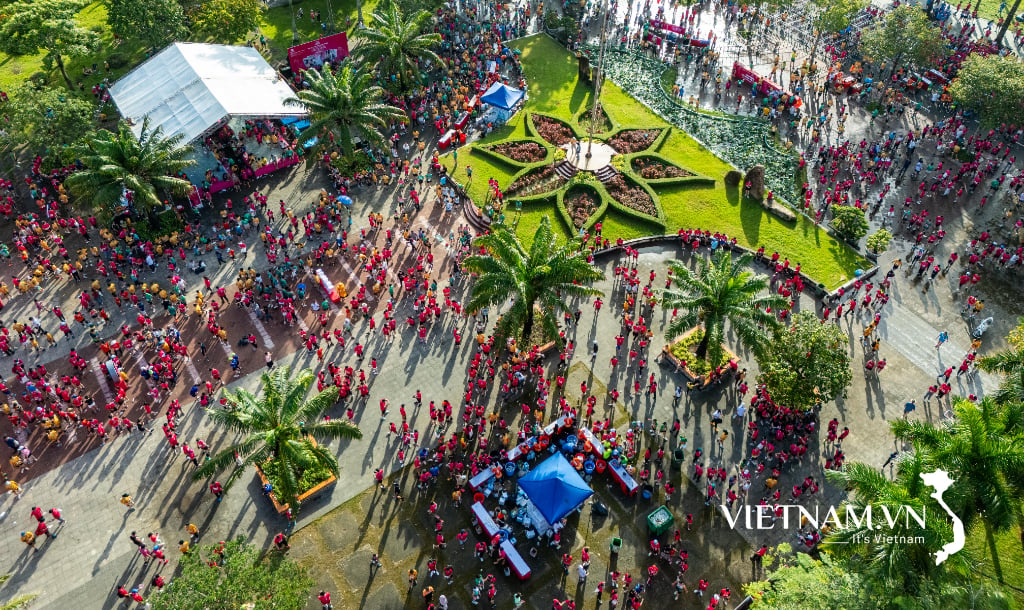


Comment (0)